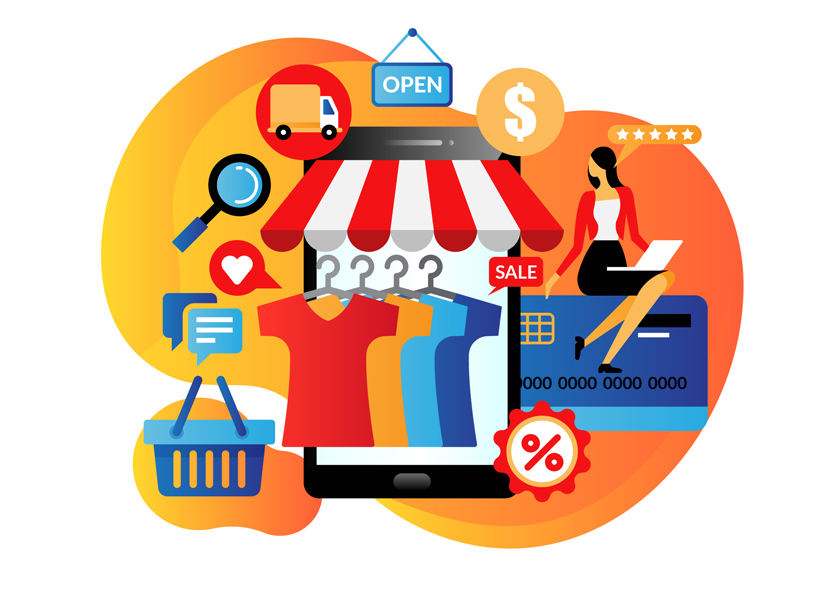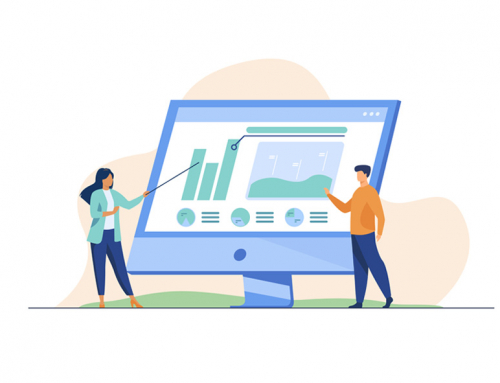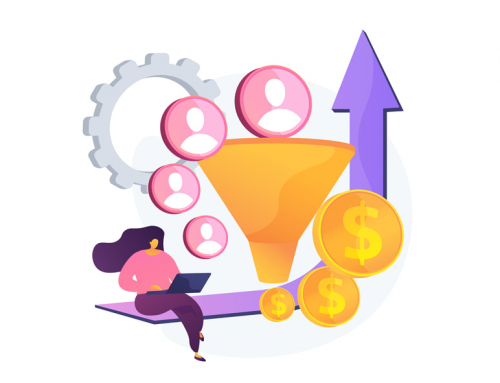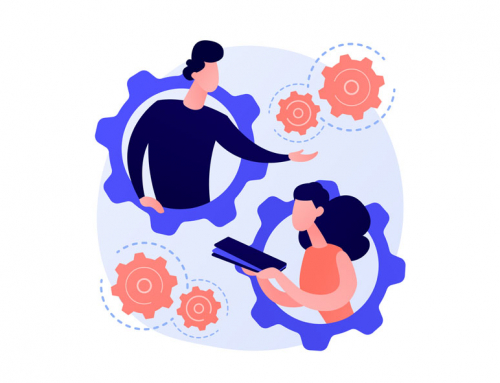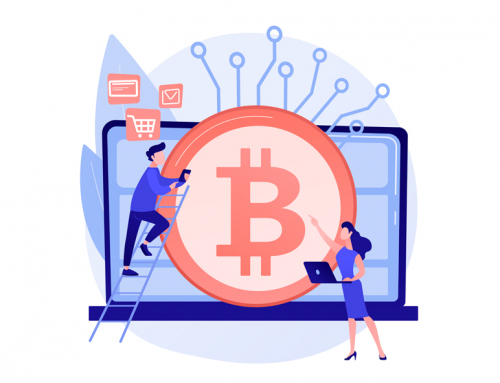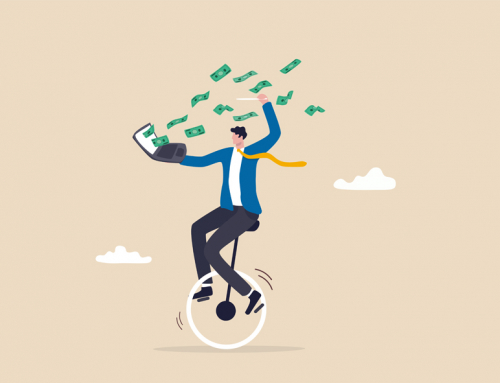INDEX
1- What is e-commerce?
2- Advantages and disadvantages of e-commerce
3- The characteristics of e-commerce.
4- What are startups?
5- How do the existing startups affect?
6-Professional profiles.
7-Dropshipping.
E-commerce.
1- What is e-commerce?
It is a process of buying and selling products by electronic means, such as mobile applications and the Internet. E-commerce refers to both online retailing and electronic transactions.
2- Advantages and disadvantages of e-commerce
The advantages of e-commerce would be the overcoming of geographical limitations, obtaining a greater number of customers both online and offline thanks to the increased visibility that the Internet allows, the cost of starting and maintaining much less than a traditional business, the greater ease of displaying products for the entrepreneur, the greater ease and speed of finding products for the buyer, the saving of time when making purchases for the buyer, the optimization of time spent on business and customer service for the entrepreneur, the ease of implementing and developing marketing strategy based on discounts, coupons, lots, etc., the possibility of offering much more information to the buyer and the ease of offering a comparison between products, including features and prices.
The disadvantages of e-commerce would be that the competition is much greater, since anyone can start an e-commerce business, that there are still many consumers who are reluctant to buy without seeing the product and who do not trust online payments, that shipping costs are expensive when the turnover is small, that customer loyalty is much more difficult and requires a professional strategy, that promoting an online store requires more personal work than promoting a store on the street, that the security of the site can give the entrepreneur a lot of headaches, that not all products that can be sold online are equally profitable, and that the marketing strategy has to be very well evaluated and that consumers want to have everything (the best price, the best service and personal attention)
3- The characteristics of e-commerce
The characteristics of e-commerce are that it does not need a hall where to sell its products since it is done virtually, that it does not use employees that are face to face but if it is necessary the presence of an operator or employee, that not any product can be commercialized by the electronic networks, that the clients are usually young or of medium age, that it is not necessary for the customer to travel to obtain the product he wants to buy, that he does not need physical salesmen and that the customer must have a way to ask any questions he may have, that it is available anywhere, that it implies that the customer can pay for the products he buys and that there may be victims in the purchase process since they may be swindled.
4- What are startups?
A startup is a newly created company with great growth potential and, sometimes, a scalable business model. Although it can refer to companies in any field, it is usually used for those with a strong technological component and that are related to the world of Internet and ICTs.
5- How do the existing startups affect?
The economic data of recent years confirms unequivocally that, despite the economic situation in our country, e-commerce has registered a continuous growth, largely due to the change in habits of the new generation of consumers, who are increasingly accustomed to using the Internet to inform themselves and make their purchases.
These indicators and many others make us assume that electronic commerce is in a clear process of growth and expansion, a process that will affect all sectors, companies and retail businesses of all sizes and will require an additional effort by all those who want to maintain their market share or even expand it by taking advantage of the opportunities that eCommerce offers.
This change in the way of consuming has led to the proliferation of e-commerce platforms by companies that see this market as a business opportunity. This massive entry does not only affect retail businesses that do not adapt to new technologies, but also the eCommerces themselves “born” of a good transformation. It affects us all, both at the level of competition and at the economic level.
6- Professional profiles
Some professional profiles of e-commerce are:
1.eCommerce Manager: he is the e-commerce manager of a company or an online shop. His or her mission is to manage this department with the aim of obtaining the best possible ROI for the business. Within his competences is to create the digital strategy of the company and adapt it to the type of eCommerce, product and territory of scope; and to direct different work groups, internal and external, related to the digital environment. In order to do so, he must have a great knowledge of the product or service that his company sells; organizational and web analytic capacity; communication and leadership skills; and have certain notions of logistics, technology and digital marketing.
2. Account manager: He is in charge of the growth of the eCommerce in which he works. His or her job is to boost sales by developing and retaining current customers, and identifying and creating new business opportunities. Among his functions are: presenting commercial proposals, implementing the technical strategy of his client portfolio, managing relationships with other sales teams for the proper implementation of campaigns, analyzing campaign results and detecting untapped brands and market niches.
3. Data Scientist: Is a data specialist. He is in charge of giving sense and meaning to the data collected from the implementation projects of a company’s Big Data eCommerce; collecting and analyzing large amounts of data in different formats; and converting all this data into useful and relevant information for the company. From his position, he tries to manage knowledge in large distributed databases and create plans for data analysis in massive environments related to the subject of eCommerce.
4. User Experience Developer: He could be translated as a user experience designer. He combines his research and design skills to understand user needs and produce concepts/designs/solutions that users want to use. This requires a strong understanding of human behavior, why people do what they do, and their behavior during the purchase process, whether before, during, or after it.
5.Web Conversion Specialist: He’s a specialist in online conversions. Specifically, it is dedicated to boosting conversions of a website and detecting and solving possible problems during the purchase process. Therefore, he must know the business conversion funnel very well, how an eCommerce works, have analytical mind and experience, and initiative when proposing and implementing solutions.
7- Dropshipping
Dropshipping is a business model based on the sale through the Internet of products that are not in stock, through agreements and negotiations with the manufacturer or wholesaler, so that it is the latter who sends them directly to your end customer.
In this way, without having to invest in the purchase of a large stock of your own, you can also sell in your business different items or products that you do not physically possess.
